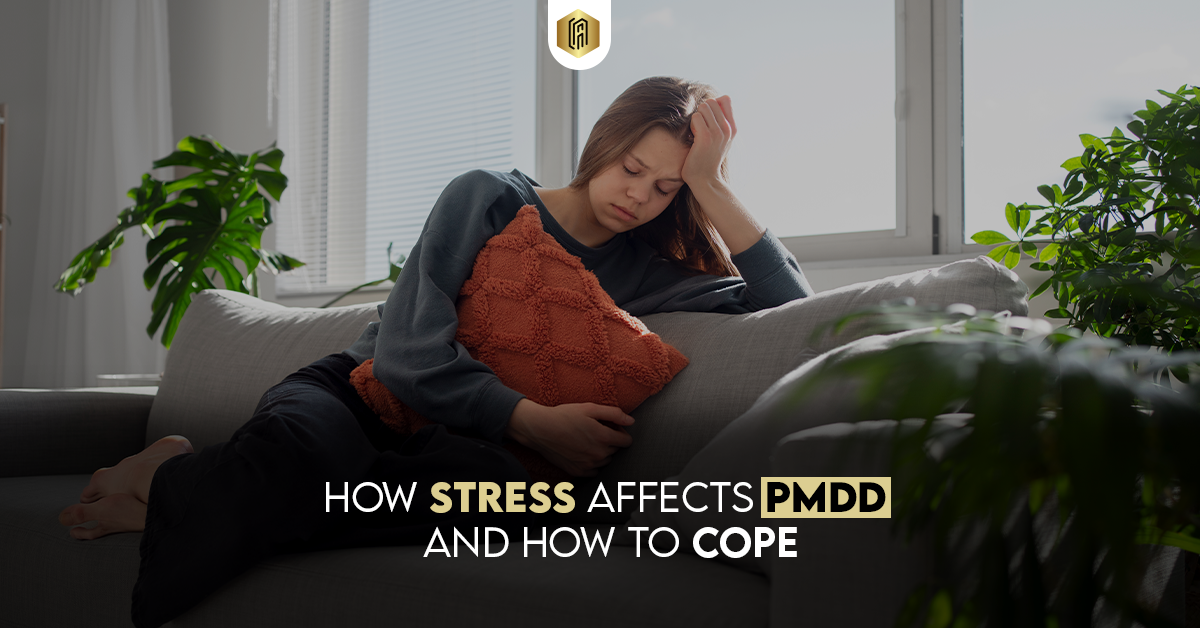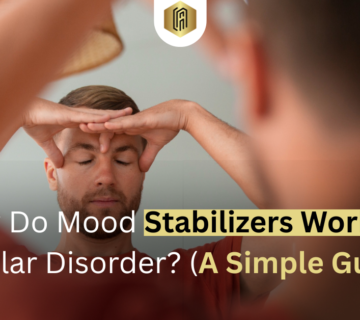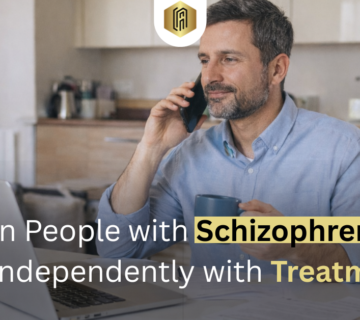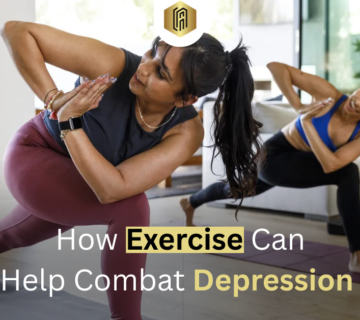Premenstrual Dysphoric Disorder (PMDD) is a health issue. It also causes mood variation, pain, and fatigue before a period. Stress can make PMDD worse. Here, we explain how stress affects PMDD. Then, we share simple ways to cope.
At Ascension Psychiatric Services, we understand how hard PMDD can be. This is the reason we offer compassionate virtual mental health care in Georgia. We are ready to hear you out and provide support.
What Is PMDD?
PMDD is like a very bad PMS. It occurs one to two weeks prior to the beginning of your menstrual cycle. You may feel sad, angry, or worried. You may cry a lot. Your body may ache. You may feel tired or sleep poorly. These experiences disappear as the menstrual cycle begins.
What Is Stress?
Our body responds to trouble, this is called stress. It warns us to remain vigilant. Some stress will assist us in working. Too much stress can harm our bodies and minds. It can stem from school, employment, home life, or significant changes in life circumstances.
How Stress Makes PMDD Worse
Mood Swings Feel Stronger
- When stressed, we feel sadder and angrier.
- Even small things can make us cry.
Body Pain Feels Sharper
- Stress can make headaches and cramps worse.
- Muscles get tight and sore.
Sleep Problems Grow
- The stress may cause difficulties in falling asleep.
- It is able to keep us awake at night.
Energy Drops
- Stress makes us feel tired and slow.
- It is hard to do daily tasks.
Hard to Concentrate
- Our minds feel cloudy.
- We forget things or lose focus.
Why It Happens
- Stress makes our brain work too hard.
- It changes our “feel-good” chemicals, like serotonin.
- PMDD already lowers these chemicals.
- So stress and PMDD team up to make things more complicated.
Coping with Stress and PMDD
We at Ascension Psychiatric Services believe in simple, caring steps. Here are ways to feel better:
Talk to Someone
- Express your emotions to a friend or relative.
- Speak with a counselor or nurse practitioner.
- Talking helps your mind feel lighter.
Deep Breathing
- Breathe in slowly for four counts.
- Hold for two counts.
- Breathe out slowly for six counts.
- Do this for a few minutes each day.
Gentle Exercise
- Walk, stretch, or do yoga.
- Move for 10–15 minutes daily.
- Exercise makes feel-good chemicals rise.
Healthy Eating
- Eat fruits, vegetables, and whole grains.
- Drink plenty of water.
- Cut back on sugar and caffeine.
- Good food helps your body and mind.
Regular Sleep
- Establish a daily sleep schedule.
- Keep your room dark and quiet.
- Try a warm bath or book before bed.
Mindful Moments
- Sit quietly for a few minutes.
- Notice your breath and body.
- Let thoughts pass like clouds.
- This helps calm your mind.
Set Small Goals
- Break tasks into tiny steps.
- Celebrate each step you finish.
- Small wins build strength.
Limit Screen Time
- Too much phone or TV can stress you.
- Take breaks every 30 minutes.
- Look away and blink your eyes.
Creative Outlets
- Draw, color, or write in a journal.
- Play music or sing.
- Art can help you feel better.
Professional Support
- We offer virtual visits across Georgia.
- Our team is board-certified in mental health.
- We help with PMDD and related disorders.
- We listen with care and guide you to feel better.
About Ascension Psychiatric Services
We are a virtual psychiatry practice in Georgia. We treat many mental health needs, including PMDD. Our team is led by Anthony J. Hall, MSN, APRN, PMHNP BC. Anthony brings 25 years of experience in the nursing profession. He served in the U.S. Air Force. He loves helping people with complex challenges. We offer:
- Medication management
- Therapy and talk sessions
- Care for anxiety, depression, bipolar, OCD, and more
When to Seek Help
- If stress makes it hard to go to school or work
- If you feel hopeless or very sad
- If thoughts of harm come up
- If you cannot sleep or eat for days
Reach out to us for personalized care planning.
Conclusion
Stress and PMDD can feel heavy. But you do not have to face them alone. Simple steps like talking, breathing, and moving can help. When you need more support, we at Ascension Psychiatric Services are here for you. You deserve care that feels kind and real. You deserve to feel hopeful again.
FAQs
What is PMDD?
PMDD is a strong kind of PMS. It may leave you feeling quite upset, angry, or fatigued in the days leading up to your period.
How can Ascension help me?
We care about you. We met online in Georgia. We listen, give medicine if you need it, and teach you ways to feel good again.






No comment